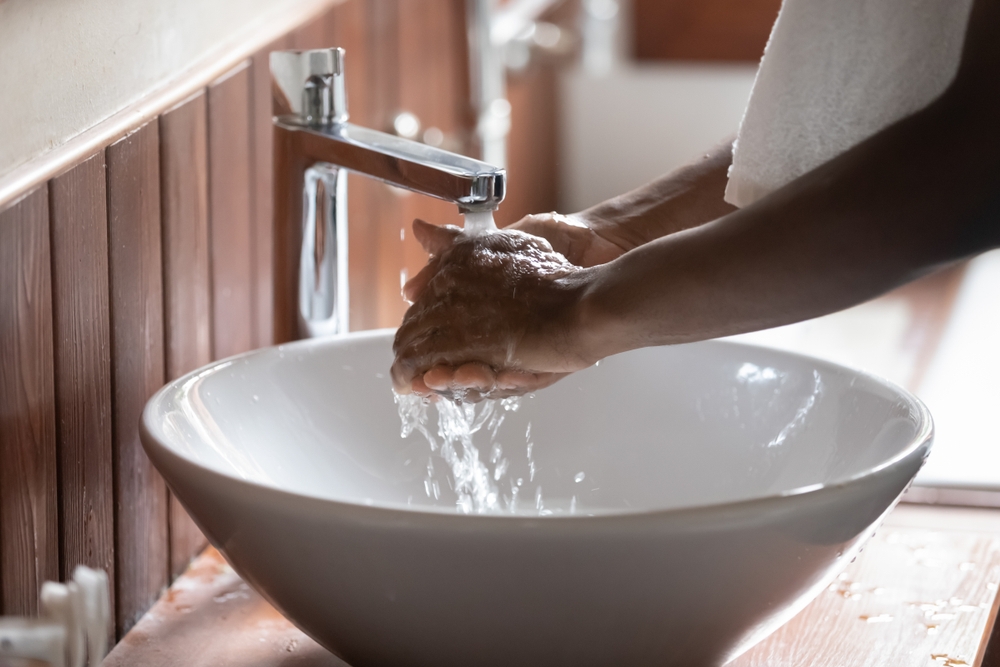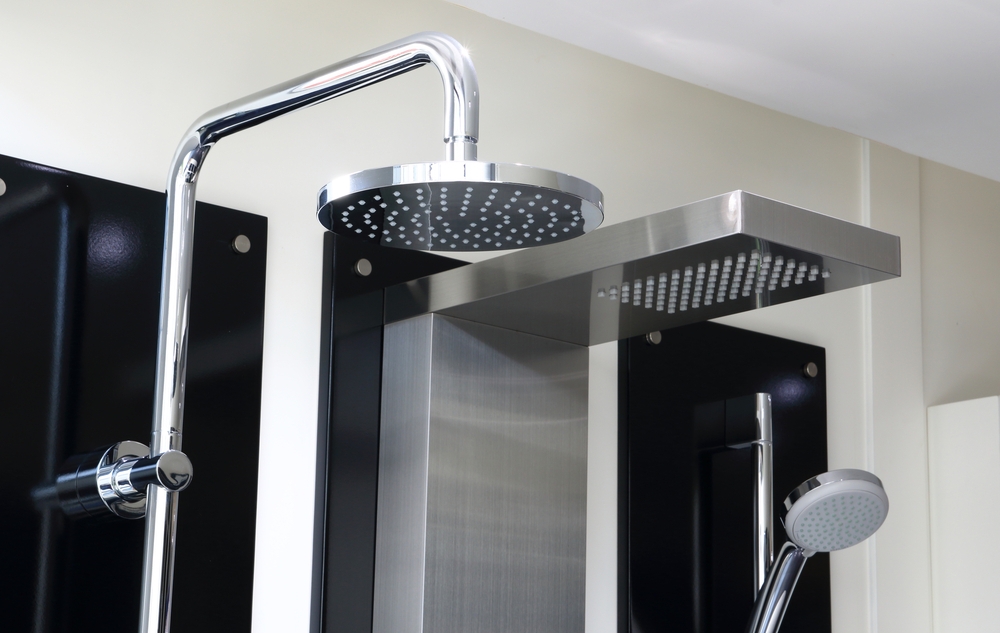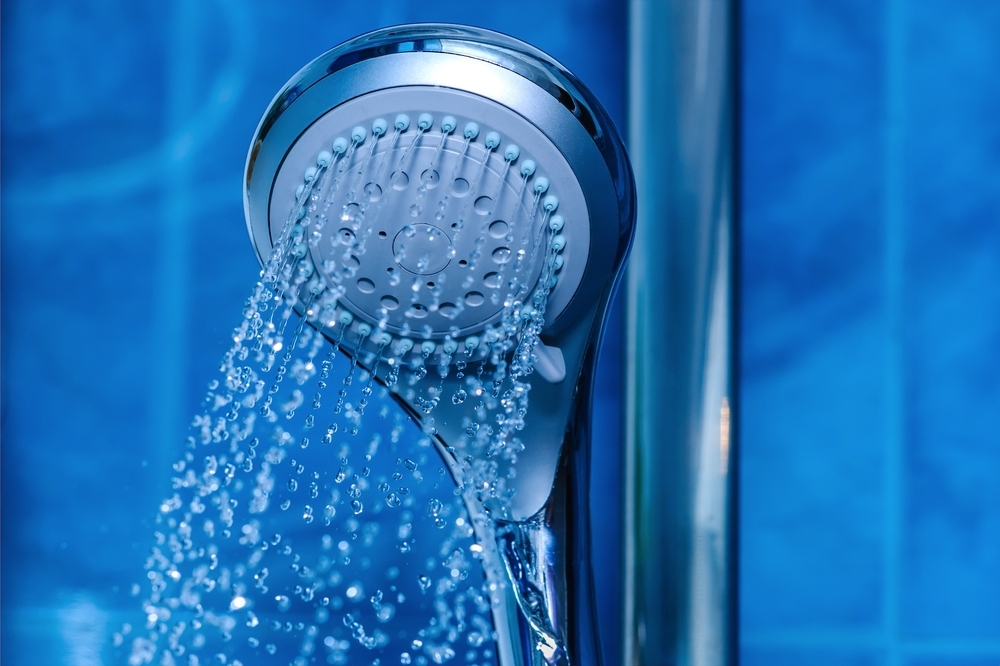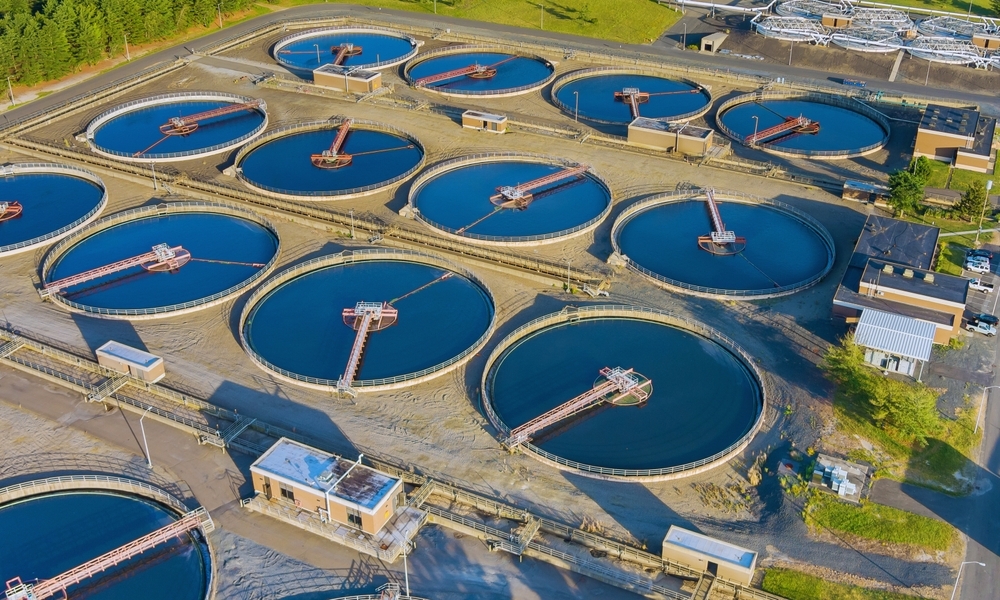How to Reduce Water Consumption in Hotels: Eco-Friendly Strategies
By Nikita Nielsen · 18. April 2024
Discover how hotels can boost🚀 both their environmental efforts and profitability by reducing water consumption.
This guide provides practical strategies on how hotels save water, outlining how minor operational adjustments can lead to great benefits.
Key Takeaways
- Begin with a comprehensive water audit, set achievable savings targets and develop a long-term plan to promote water management throughout the hotel’s operations.
- Implement water-saving technologies like low-flow fixtures, smart showers and grey water recycling to reduce costs and water consumption without compromising guest comfort.
- Encourage water conservation among guests and staff through awareness campaigns, training sessions and incentives, and reinforce these efforts by partnering with external organisations to amplify your hotel’s sustainability impact.
Evaluating Water Usage in Hotels
 african-american man washing his hands
african-american man washing his hands
Measuring water use is critical for hotels to develop effective water conservation strategies.
Conducting a detailed water audit can highlight areas of excess and pinpoint opportunities for reduction.
This not only helps in combating global water scarcity but also reduces costs for hotels by saving on water and energy expenses.
Busy kitchens, guest bathrooms, and constant laundry operations are prime targets for water usage assessments.
By carefully analysing these areas, hotels can identify significant inefficiencies. Some hotels have successfully cut their water usage by up to 50% per guest per night through effective water management.
Conduct a water audit
To identify leaks and inefficiencies in hotel operations, a water audit is essential. By installing water metres and submeters, hotels can turn water flow into useful data that reveals exactly how much water was wasted.
This data acts as a navigational tool to help hotels understand their complex water systems and identify overuse.
A water audit doesn’t just highlight the current water consumption; it uncovers opportunities for cost savings.
With sub-meters tracking water use by specific areas, such as saunas or bars, hotels can target their water conservation efforts more effectively.
By pinpointing where water usage is highest, hotels can implement precise measures to manage resources efficiently, ensuring both water and financial savings.
Set realistic targets for improvement
With a clear map of water usage, hotels can navigate toward greater water efficiency.
Setting clear, realistic goals is key🔑 to creating a long-term strategy tailored to their specific consumption and cost metrics.
Committing to water-saving measures involves setting specific targets for each department, ensuring that all staff work together towards reducing water and energy use.
This effort can lead to significant reductions in energy consumption and contribute to long-term sustainability.
Implementing Water-Saving Technologies
 Smart showers
Smart showers
Driving sustainability in hotels requires more than intent—it demands the adoption of innovative💡 technologies that cut water usage while maintaining guest satisfaction.
The hospitality industry is becoming increasingly innovative with water-saving technologies.
Technologies like low-flow fixtures and smart showers are at the forefront, preventing water wastage efficiently. They symbolise a shift towards a future where water conservation and cost savings go hand in hand.
Additionally, the integration of greywater recycling and rainwater harvesting systems turn previously wasted water into valuable resources that support the hotel’s water-saving goals while providing essential services.
Low-flow fixtures
 Low-flow Shower Fixture
Low-flow Shower Fixture
The magic of low-flow fixtures is their ability to provide a sense of plenty while actually using less water.
These devices efficiently reduce water flow in showers, faucets, and toilets, helping to keep water use in kitchens and bathrooms under control.
It results in significant cost savings and a smaller environmental footprint for hotels.
Low-flow toilets, in particular, offer remarkable savings potential. By installing these efficient fixtures, hotels can significantly reduce their water consumption and lessen their impact on vital water resources.
Smart showers
Smart shower systems have motion sensors that stop the water flow when no one is present and resume it at the right temperature when the user returns.
This ensures that savings don’t come at the expense of comfort.
These showers not only save water and energy, but also engage guests directly with eco-feedback that encourages shorter showers.
By delivering their customers a luxurious showering experience, the smart showers demonstrate that water efficiency and guest indulgence can go hand in hand.
Greywater recycling and rainwater harvesting
 greywater recycling system
greywater recycling system
Greywater recycling systems are the alchemists of the hotel industry, transforming wastewater from showers and sinks into a resource for flushing toilets and irrigating gardens.
By reclaiming up to half of the hotel’s wastewater, they play a pivotal role in the narrative of water conservation, simultaneously cutting down on sewer fees and overall water consumption.
Then there’s rainwater harvesting, a practice as ancient as it is innovative. By collecting rain, hotels can reduce their reliance on mains water by up to 30%, quenching the needs of non-potable uses such as laundry and landscape irrigation.
It’s a strategy that respects water as the scarce resource it is, ensuring every drop counts and contributing to the sustainability of the wider community.
Engaging Guests and Staff in Water Conservation Efforts
Embarking on a water-saving journey requires the involvement of everyone. Encouraging guests and staff to participate in the hotel’s conservation initiatives can significantly amplify the impact.
When guests are informed and engaged with eco-friendly practices and staff lead by example with sustainable habits, the hotel moves closer to achieving its water conservation goals.
Hotels that successfully involve guests in their environmental programs can realise savings that are substantial – potentially up to 10% annually.
Equally important is the hotel staff. Their expertise in efficient water use can transform small efforts into significant savings and more sustainable operations.
Guest awareness campaigns
Guest awareness campaigns are crucial in guiding guests towards sustainable water usage. Hotels employ various methods such as in-room materials, digital media, and engaging signage to inform guests about conservation efforts.
These campaigns encourage guests to take an active role, with simple actions like shorter showers or towel reuse leading to notable water savings.
Incentives for responsible water use further motivate guests to support the hotel’s water efficiency goals.
Staff training and incentives
Training hotel staff sharpens the effectiveness of water-saving measures. Through regular educational sessions, staff become adept at water efficiency, from fixing leaks to promoting conservation initiatives to guests.
Incentives and open communication channels for staff suggestions are crucial for the success and evolution of these programs.
Collaborating with External Partners for Sustainable Solutions
Partnering with external organisations can strengthen a hotel’s sustainability efforts.
These partnerships, ranging from eco-friendly suppliers to local water initiatives, enhance water management strategies.
Joining industry associations also allows hotels to share knowledge and innovate collectively.
Together, these collaborations provide a wealth of resources and expertise, propelling the entire hospitality industry towards a greener future.
Work with eco-friendly suppliers
Aligning with eco-friendly suppliers is crucial for hotels committed to sustainability.
These partners provide water-saving linens and eco-friendly cleaning products, enhancing the hotel’s green practices.
Easy access to these suppliers through online platforms ensures that every operational aspect aligns with water conservation goals.
Participate in local water initiatives
Local water initiatives enable hotels to engage with their community and advance sustainability.
Participation in these projects, such as protecting waterways or promoting water conservation education, reinforces a hotel’s commitment to environmental stewardship.
These initiatives not only benefit the hotel but also contribute to climate change and the conservation of local water resources, ensuring their availability for future generations.
Collaborations with government agencies, nonprofits, and community groups can foster significant improvements in local water management.
Monitoring and Improving Water Management Strategies
It’s essential for hotels to regularly assess the effectiveness of their water management strategies.
This ongoing process of monitoring and improvement ensures that hotels remain on course, adapting to new information and technologies.
By keeping an eye on water usage data, hotels can ensure that their strategies are not just effective today but continue to be so in the future.
Regular internal audits provide a snapshot of how well current practices are working and identify areas for improvement. Continuous monitoring, combined with researching advancements in technology, can lead to the development of even more effective water-saving strategies.
Track performance and impact
To successfully conserve water, hotels should track their water conservation efforts. Detailed analysis of water usage patterns and savings from water-saving technologies is crucial.
For example, smart showers provide valuable data that can optimise water use, while greywater systems can offer long-term savings.
Consistent monitoring and analysis are key to navigating the most effective course in water conservation.
Seek feedback from guests and staff
In the realm of water conservation, feedback from guests and employees is invaluable. It creates a dynamic environment where water-saving measures are continually refined.
Encouraging this dialogue, hotels can uncover innovative ideas and foster a sense of shared responsibility.
Acting on community suggestions can lead to significant improvements in water conservation efforts, making it a collaborative journey towards sustainability.
Summary
The path to sustainability🌳 is a major challenge in the hospitality industry.
Hotels are gaining momentum by adopting technologies like smart showers and partnering with eco-friendly suppliers, and these efforts are leading to big improvements.
With these strategies, hotels aren’t just cutting costs or helping the environment – they’re leading the way towards a more sustainable industry.
Frequently Asked Questions
How can hotels measure their current water consumption?
Hotels can measure their current water consumption by installing water metres and sub-meters to gather data, helping them identify specific areas of high water usage.
What are some examples of water-saving technologies that hotels can implement?
Hotels can implement water-saving technologies like low-flow fixtures, smart showers with motion sensors, and systems for greywater recycling to reduce water consumption.
How can guest participation contribute to a hotel’s water conservation efforts?
Encouraging guest participation in water conservation, through initiatives like towel reuse, can lead to significant water savings for hotels and contribute to their overall conservation goals.
What is the benefit of collaborating with eco-friendly suppliers for a hotel?
Collaborating with eco-friendly suppliers benefits a hotel by integrating sustainable products and services, supporting environmental policies, contributing to water conservation, and enhancing the commitment to sustainability.
Why is it important for hotels to seek feedback from guests and staff regarding water conservation?
Seeking feedback from guests and staff regarding water conservation is important because it helps hotels refine water-saving measures and identify areas of improvement.

